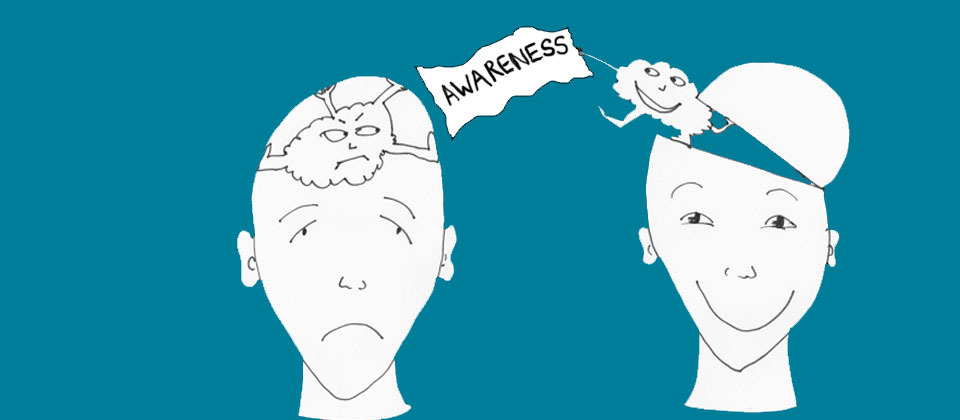
The book is coming out soon and my thoughts have turned to a key question about raising kids and what might we mean when we say we want them to be ‘free’? This led me to ask what is a ‘free’ mind?
The debate about conditioning ties into the wider issue of freedom. What is freedom? Does it exist, or is it a myth? It is defined by many different people and cultures in many different ways. My definition is focused on freedom of the mind as opposed to freedom of the physical body. Freedom of the mind is a complex topic and may, as a philosophical construct not even exist.
I can only offer my approach and experience and you can make of it what you will. So here we go.
A person that has a free mind is not attached to any ideology.
A free mind is able to make choices because it has preferences, but those preferences are under continuous non-judgemental scrutiny.
A free mind is constantly curious about its existence and its surroundings, not in order to reinforce its beliefs, for its beliefs are all beliefs, but as a state of awareness. It perceives without judgement or condemnation of itself or others.
A free mind seeks no reward or praise, for it needs none. Nor does it condemn itself or others when it experiences criticism. It meets both praise and criticism with equanimity and non-attachment.
A free mind is not arrogant as it seeks to do nothing to either elevate or reduce itself, or anything else.
A free mind’s complete condition is one of compassion for all people in the living world both around it and beyond it.
A free mind is constantly in wonder at the seeming miracle of life on earth, the expression of the time-space continuum and what we call the universe, with its galaxies and mysteries.
A free mind spontaneously loves and is playful.
A free mind is endlessly creative, this creativity can take any form and is not limited to artistic endeavour.
A free mind constantly scrutinizes and observes any conditioned part of itself so that it might both accept and transcend it.
A free mind realizes that it is not free and therefore lives in a paradox – that to be a mind is in itself a paradox and that it is both free and not free at the same time. In this way it transcends the idea of freedom itself which is freedom itself.

